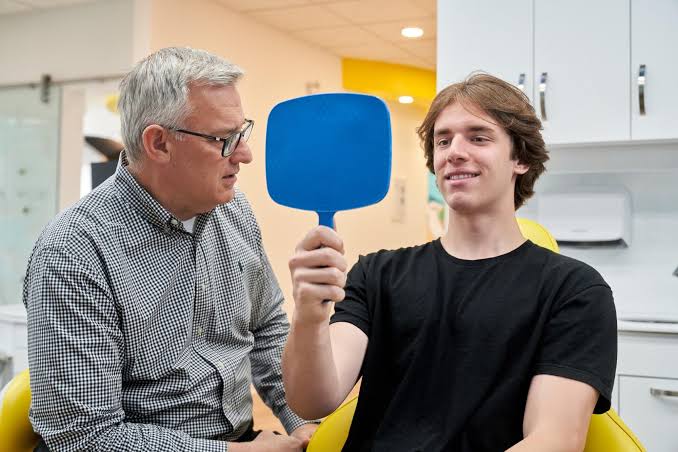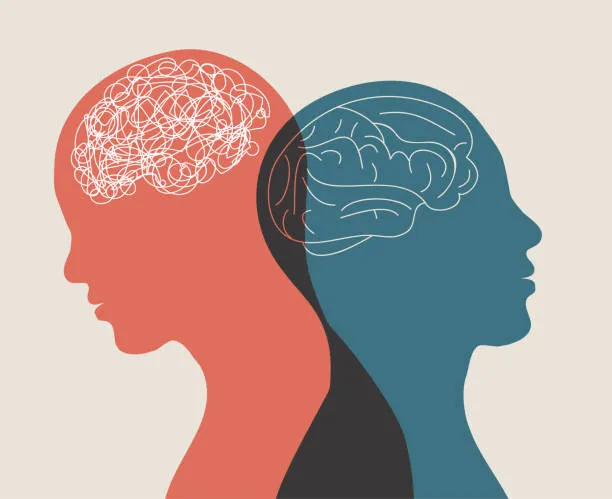Finding Relief from Dizziness and Balance Issues
Dizziness can be a distressing sensation that affects daily life, making simple tasks feel overwhelming. Many people experience sudden spinning sensations, often linked to balance disorders. One common cause of this discomfort is a condition affecting the inner ear, leading to short, intense episodes of vertigo. It can make everyday movements, such as turning the head or getting out of bed, feel disorienting. The good news is that effective treatments are available, often offering rapid relief. Identifying the underlying cause is essential for finding the right care and regaining stability. Read on to learn how specialized care can help manage balance-related conditions effectively.
Understanding the Inner Ear’s Role in Balance
The inner ear plays a crucial role in maintaining balance and spatial awareness. It contains fluid-filled canals that send signals to the brain about head movements and positioning. When this system functions properly, the brain can interpret movement. However, disruptions in this delicate structure can lead to dizziness or vertigo. Tiny particles may shift out of place, interfering with normal balance signals. This disruption often results in brief, yet intense, episodes of spinning sensations that can be triggered by simple head movements.
Common Symptoms That Shouldn’t Be Ignored
Symptoms of balance disorders can range from mild discomfort to severe dizziness. The most recognizable sign is a spinning sensation that occurs with head movements. Some people also experience nausea, unsteadiness, or a feeling of being off-balance. These episodes often last less than a minute but can be disorienting and unpredictable. Ignoring these symptoms could impact daily life, leading to anxiety about movement or social situations. Recognizing these signs early can help individuals seek appropriate care and prevent further discomfort.
How Professional Care Can Provide Rapid Relief
Seeking specialized care is essential for accurate diagnosis and effective treatment. Balance issues can often be managed with specific repositioning techniques designed to restore normal inner ear function. These treatments involve guided head movements that help realign displaced particles in the inner ear. Many people experience significant improvement after just one or two treatment sessions. Professional assessment ensures the correct condition is being treated, reducing the risk of misdiagnosis. Proper care can restore confidence and make everyday activities feel manageable again.
Lifestyle Adjustments to Support Recovery
While professional care is essential, certain lifestyle adjustments can also aid in managing balance issues. Staying hydrated and maintaining proper posture can help support balance health. Gentle movements and avoiding sudden head turns can reduce dizziness episodes during recovery. Engaging in light physical activities, such as walking, can promote better coordination over time. Limiting caffeine and alcohol intake may also prevent symptoms from worsening. Combining professional treatment with mindful lifestyle habits can lead to lasting relief.
When to Seek Specialized Care for Balance Disorders
Recurring dizziness or vertigo should never be ignored, especially when it interferes with daily routines. Seeking care becomes crucial when symptoms persist or worsen over time. Specialized assessment can identify the root cause of balance disruptions, leading to targeted treatment options. Delaying care could result in prolonged discomfort or increased risk of falls. Finding the right expertise ensures personalized care and effective management of symptoms. Prioritizing balance health can lead to a safer, more comfortable quality of life.
If dizziness has been affecting your daily life, expert care can make a significant difference. Explore how a qualified BPPV Specialist in London can help you find effective relief and restore balance health.





